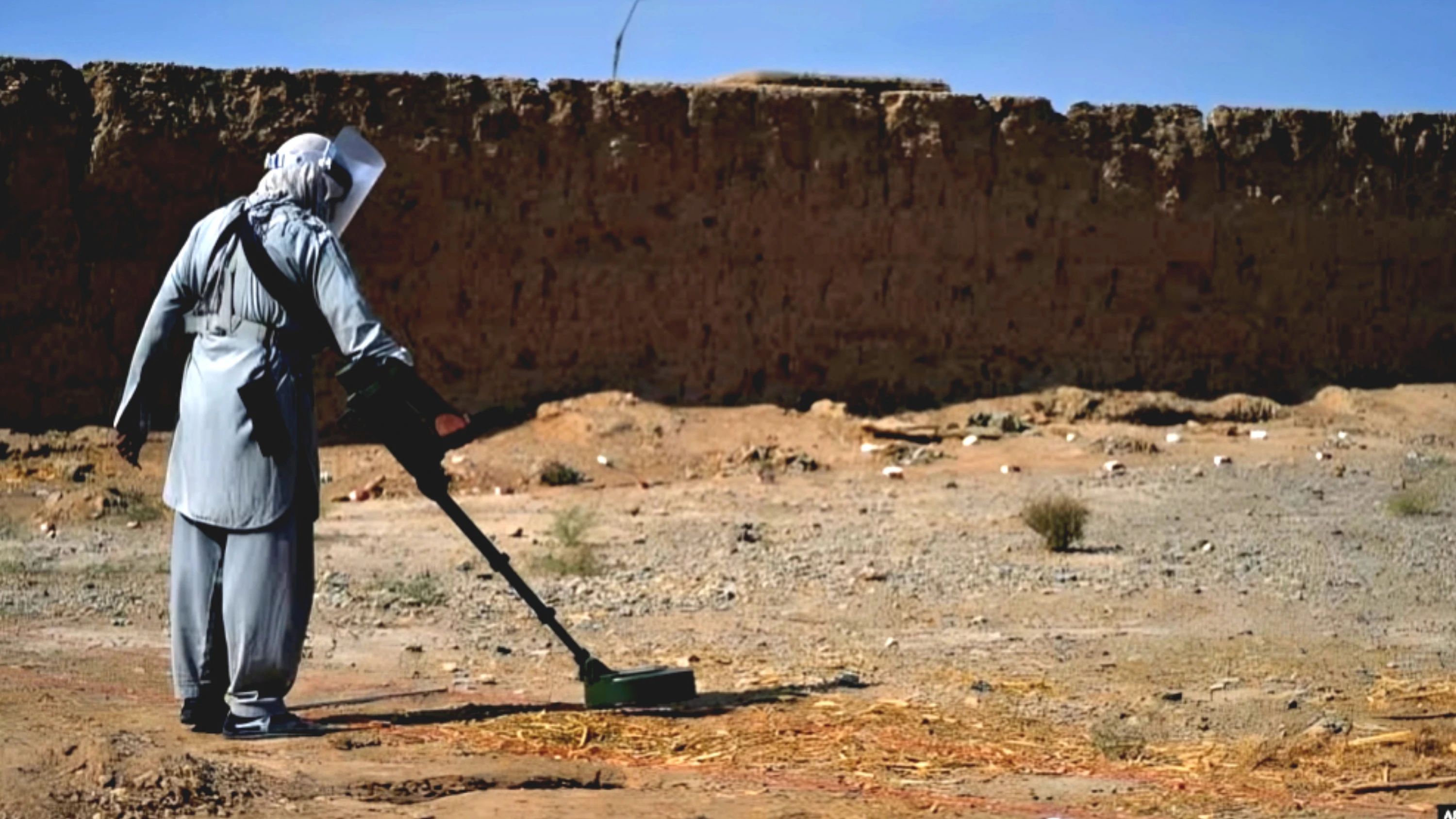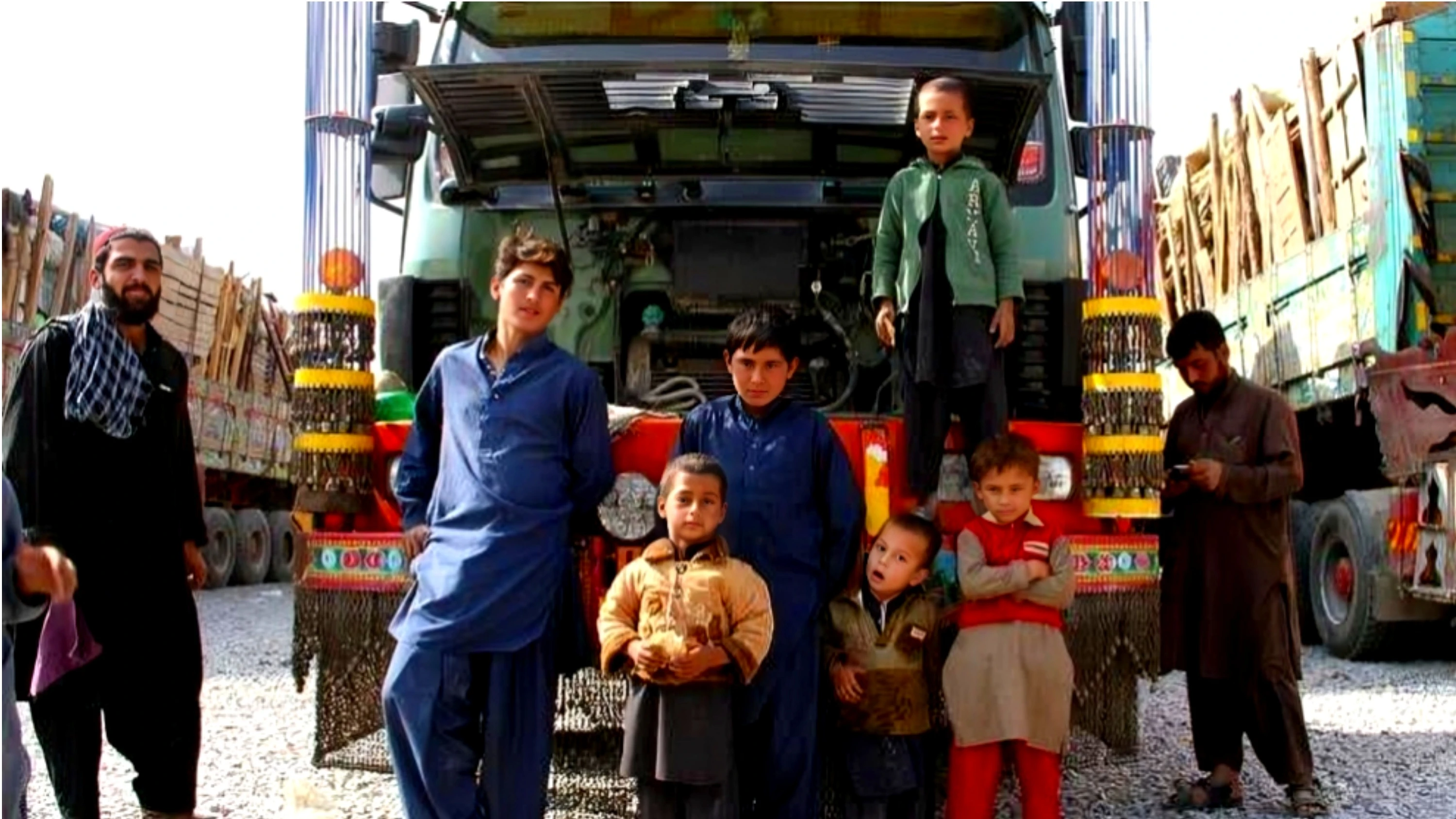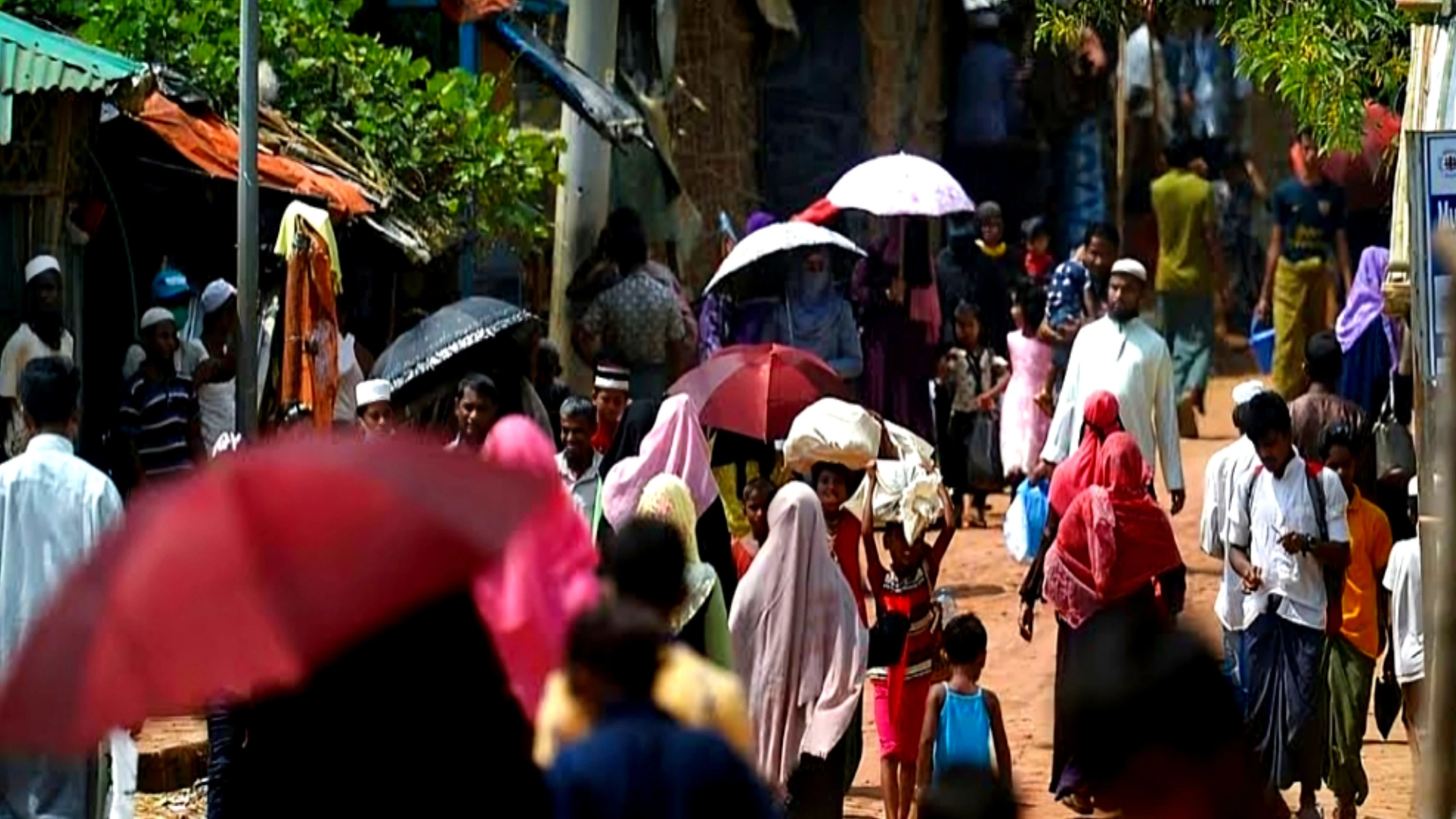Washington: Global freedom continued to decline for the 19th year in a row, with Pakistan seeing a further deterioration in political rights and civil liberties, according to Freedom House's latest annual report.
The Washington-based pro-democracy research organization revealed that freedoms diminished in 60 countries last year, while only 34 saw improvements.
The report, released on Wednesday, highlighted key drivers behind the global decline, including electoral violence, repression of political opposition, ongoing conflicts, and authoritarian governance practices.
Pakistan remained classified as "partly free" but experienced a three-point drop from the previous year. Over the past decade, the country has lost a total of 10 points in the freedom index, ranking it among the nations with the steepest declines. Other countries with major 10-year declines included Nicaragua (down 40 points), Tunisia (down 35 points), and El Salvador (down 28 points).
In South Asia, Bhutan emerged as the only country to be rated "free," solidifying its democratic transition through competitive elections. Meanwhile, Bangladesh and Sri Lanka saw notable progress, though they remained in the "partly free" category. Bangladesh experienced political shifts as Prime Minister Sheikh Hasina stepped down amid mounting opposition, while Sri Lanka elected Anura Kumara Dissanayake on an anti-corruption platform, marking the end of longstanding political dominance by two major parties.
In Indian-administered Kashmir, elections were held for the first time since India revoked the region’s special status in 2019, leading to the largest single improvement in the index. However, Freedom House noted that India, as a whole, continued to decline due to concerns over Prime Minister Narendra Modi’s efforts to influence judicial appointments. India was downgraded to "partly free" in 2021.
Despite the broader decline, some nations showed progress. Senegal was upgraded to "free" after its opposition successfully challenged an attempt by the outgoing president to delay elections. Jordan also improved, moving from "not free" to "partly free" due to electoral reforms that allowed more competition.
However, four countries—Kuwait, Niger, Tanzania, and Thailand—were downgraded to "not free." Thailand faced political turmoil after courts dissolved the election-winning party and dismissed the prime minister from the second-largest party. Kuwait’s ruler dissolved parliament after elections, while Tanzania saw a crackdown on protests. Niger’s military solidified power following the 2023 coup that ousted President Mohamed Bazoum.
Tunisia, El Salvador, and Haiti also experienced sharp declines, with Tunisia and El Salvador seeing significant backslides in democratic governance.
The report found that Finland remained the only country with a perfect score of 100 in freedom, while New Zealand, Norway, and Sweden closely followed with scores of 99.
Freedom House, an organization founded in 1941 with bipartisan US support, has faced financial uncertainty due to funding freezes under former US President Donald Trump. Despite receiving US government funding, the organization operates independently.
Co-author of the report, Yana Gorokhovskaia, emphasized that 2024 was a particularly volatile year due to the high number of elections worldwide. While some countries showed short-term gains in civil liberties, she noted that political rights depend on strong institutions, which are much easier to dismantle than to rebuild.








